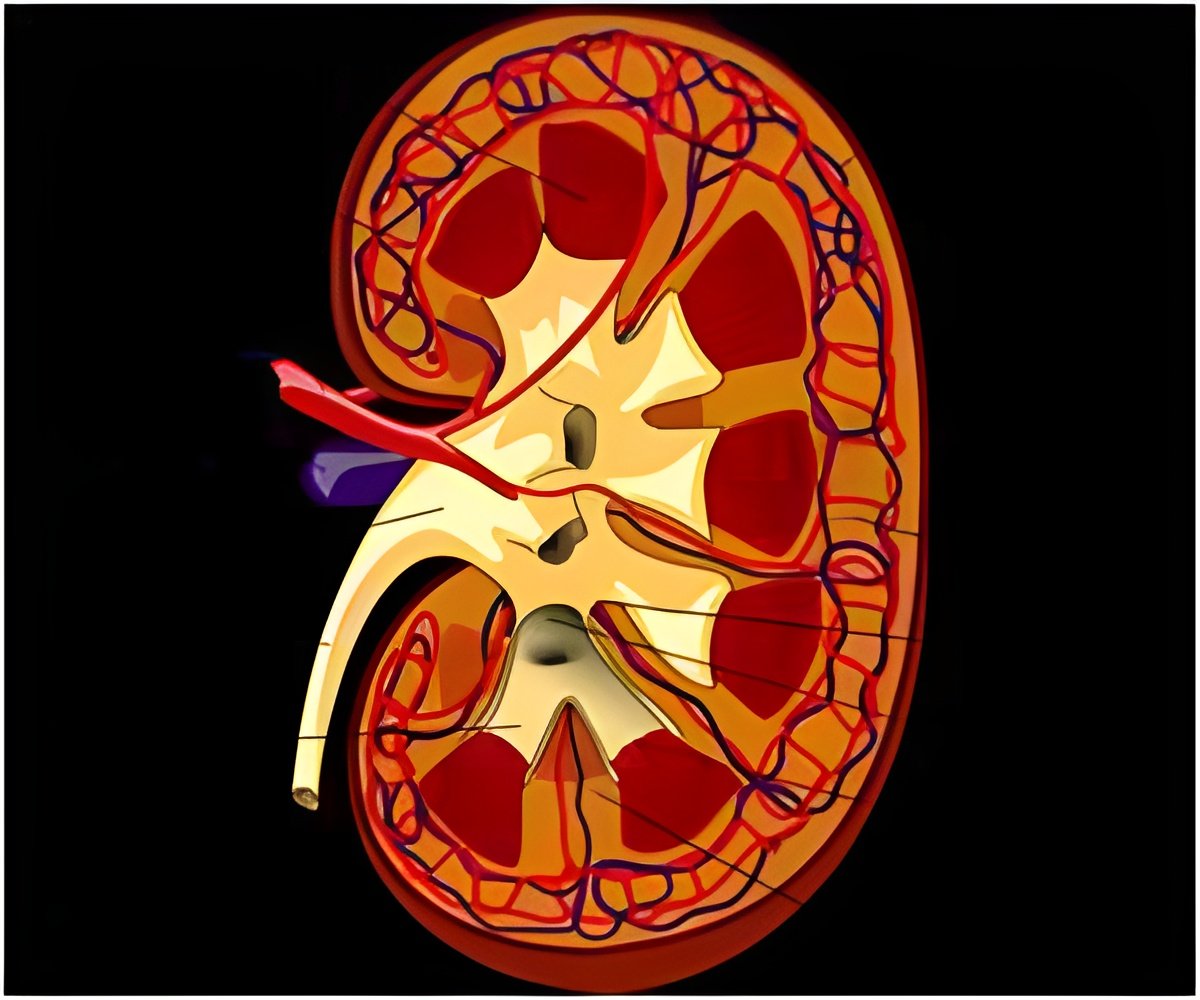
"In diabetes, kidney function tends to deteriorate over time," Dr. Robert Toto, director of the Houston J. and Florence A. Doswell Center for the Development of New Approaches for the Treatment of Hypertension at UT Southwestern, said.
"No prior studies of this duration have shown what appears to be an increase in kidney function by any therapy, which makes this a very exciting development," he explained.
The study involved 227 adult patients with type 2 diabetes and chronic kidney disease. They were divided into four groups - three receiving different dosages of bardoxolone methyl, an anti-inflammatory drug, and the fourth group receiving a placebo and acting as a control.
The patients were tracked for 56 weeks, with measurements of their kidney function taken every four weeks.
At study-highlighted weeks 24 and 52, researchers saw an overall significant increase in the estimated glomerular filtration rates, which are measurements of how well the kidneys are functioning, for the patients receiving the drug.
Advertisement
"The results of this study show promise for bardoxolone methyl in the treatment of kidney disease in those with type 2 diabetes," Toto said.
Advertisement
Source-ANI















